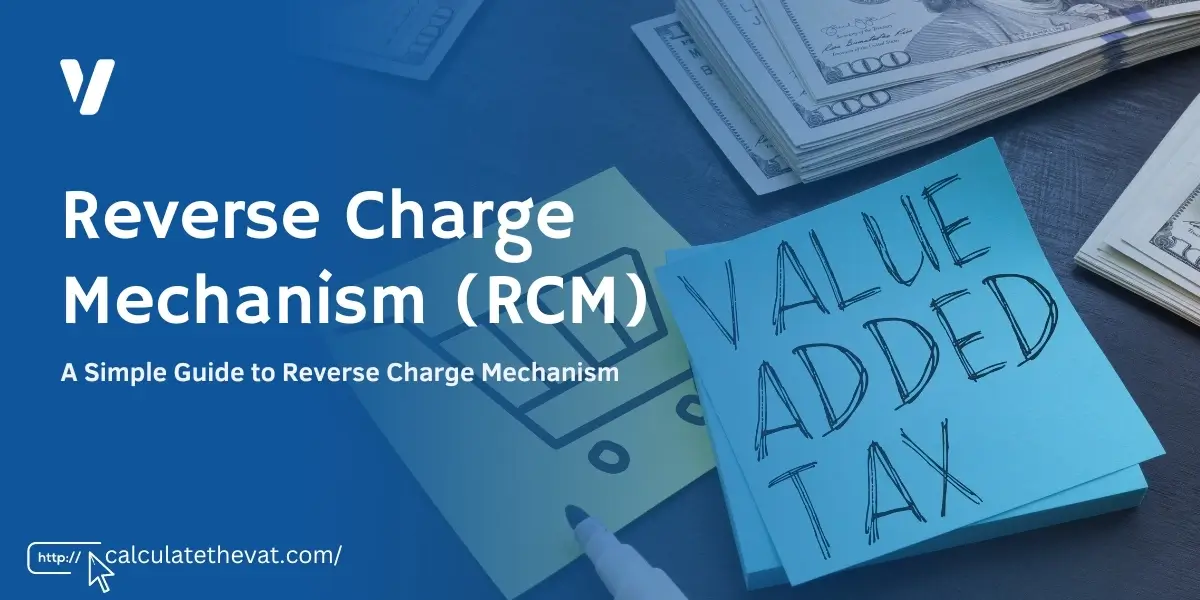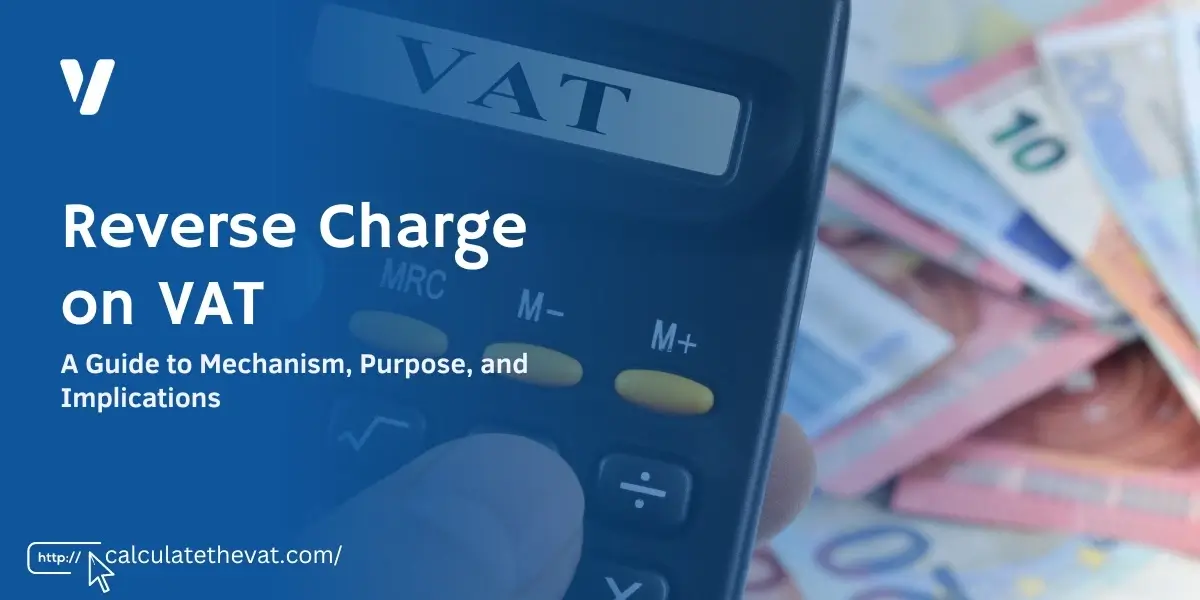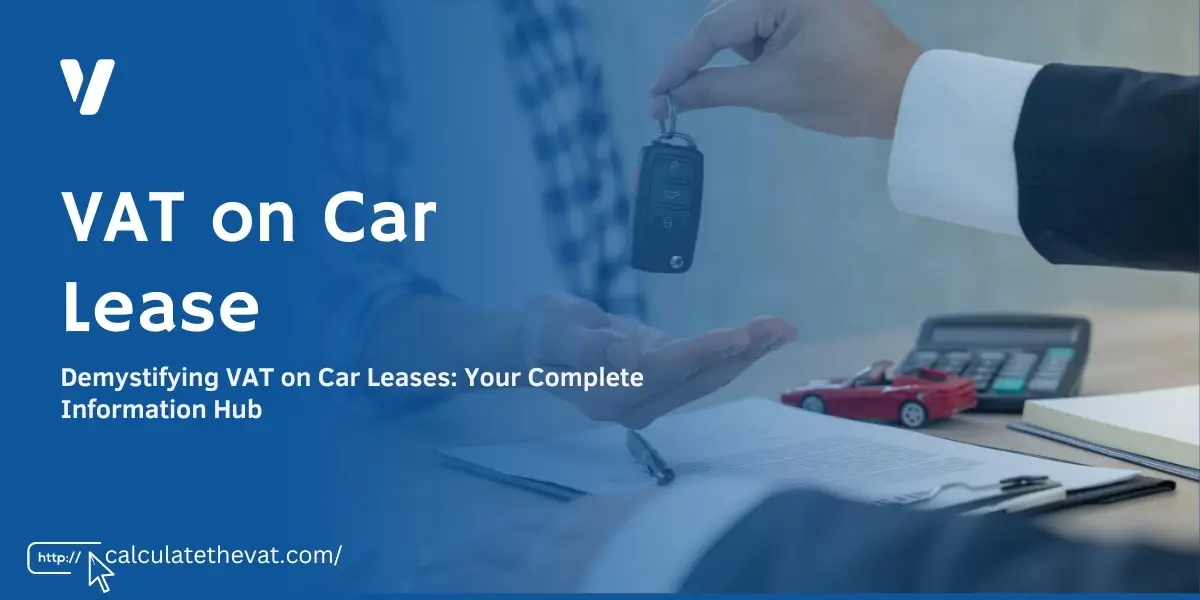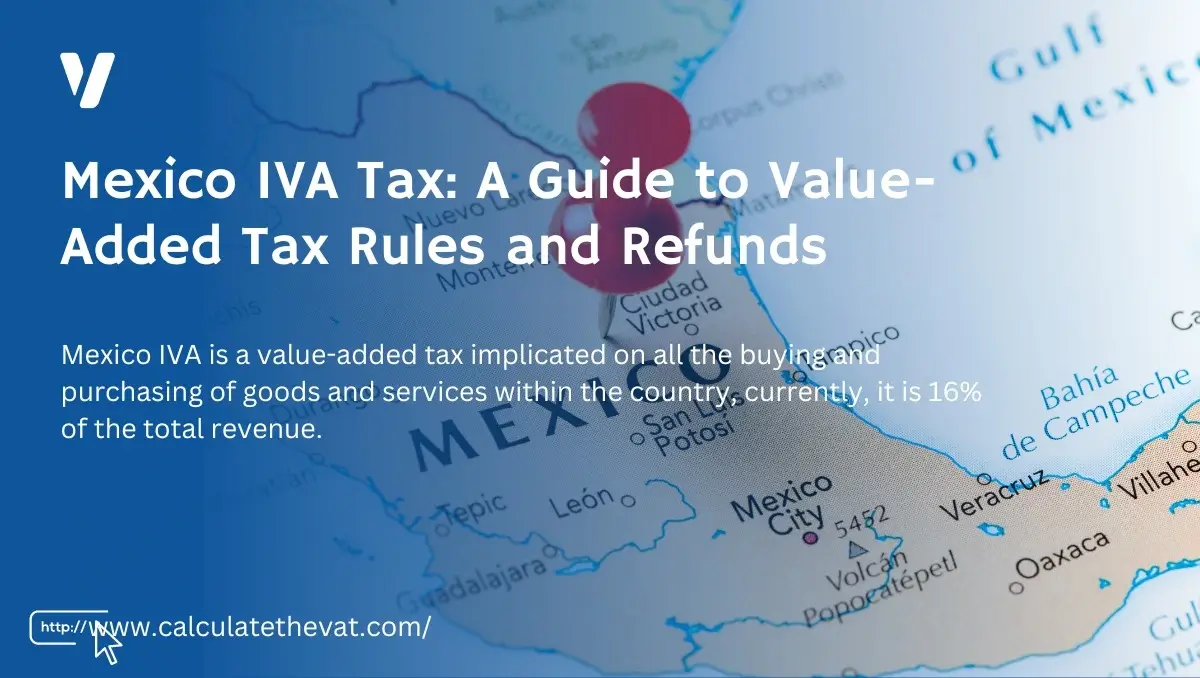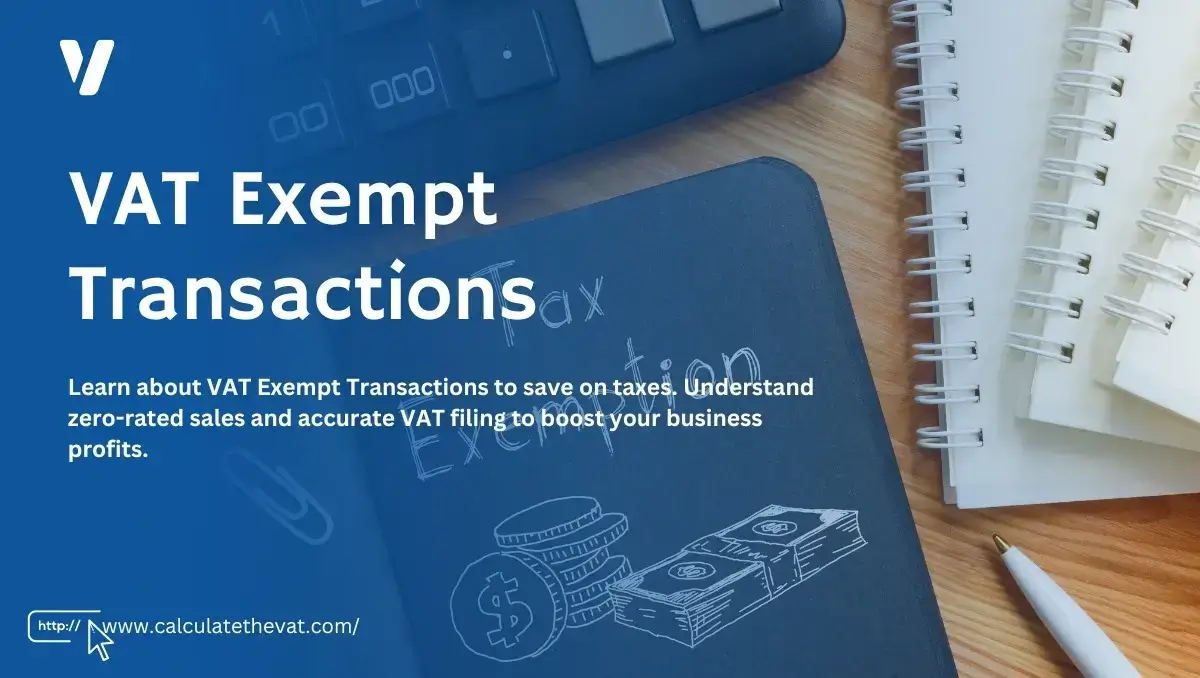Rían Doyle
I'm a VAT professional with years of experience helping businesses with compliance and reporting. My goal is to simplify VAT calculation and provide valuable insights through my engaging writing style and clear explanations of complex concepts.

